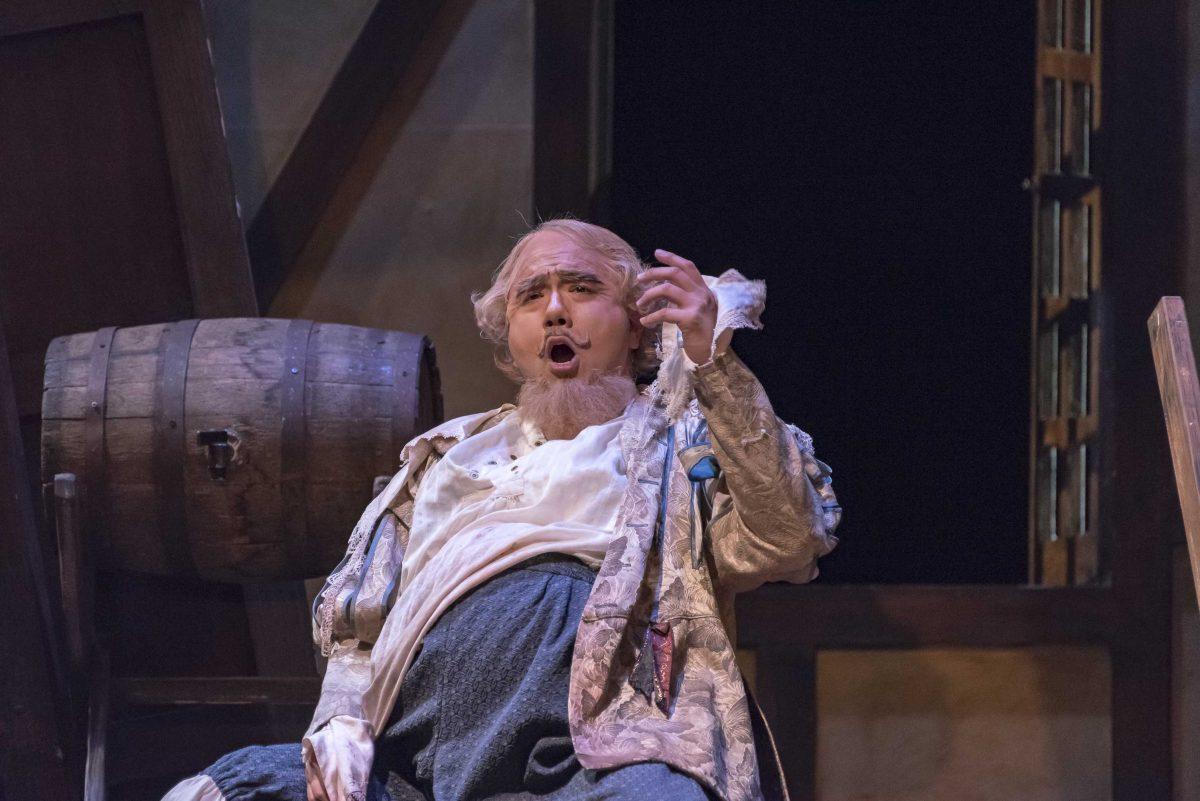Musical Arts Ph.D. student and baritone André Chiang didn’t think opera was for him until numerous teachers along the way insisted he give opera a try.
At the 45th National Association of Teachers of Singing Artist Awards competition on Jan. 5, Chiang won first prize. This included a large cash award, as well as a scholarship to the American Institute of Musical Studies in Graz, Austria. Unfortunately, Chiang is unable to attend AIMS due to prior obligations.
Chiang also earned some performance opportunities, including a solo debut at Carnegie Hall with a full orchestra and chorus. He will also be able to give a solo performance at the NATS National Conference in Las Vegas.
Chiang said he applied to be in the competition last fall. NATS is separated into 14 regions, which each hold their own competitions. The winners of those competitions get some money to fly to New York and compete against the winners of the other regions. Chiang competed in the southeastern regional competition in Valdosta, Georgia.
Although competitors could choose what they sang, Chiang said there were heavy restrictions on what they could choose.
“They have very specific requirements,” Chiang said. “You have to sing a wide variety of languages and stylistic time periods. There was one section where you had to sing songs that were written after 1950.”
Chiang began his opera career during his junior year at the University of Alabama by playing the role of Aeneas in the school’s production of “Dido and Aeneas.” That same year, he got paid for performing in Opera Birmingham’s production of “Madama Butterfly.”
Chiang always had a love of singing and participated in his church choir. However, it wasn’t until college that he gave opera a try.
“In my undergrad I was in the show ‘La Bohème,’” Chiang said. “There is this one scene where they talk about the mood, and how it comes through the window. It’s just a cool theatrical moment and it really made me sort of fall in love with opera.”
Chiang said he decided to get more into opera because he saw it as a kind of challenge to push his singing ability to new heights.
“I think it requires more out of the performer vocally,” Chiang said. “The biggest difference I can see is that the music tells a lot of the story in opera.”
Chiang thinks anyone in musical theater looking for something new should give opera a try.
“If you want something that’s really exciting and kind of challenging, opera is a good direction to look in,” Chiang said. “It forces you to be really aware of how you do things. It’s something that is worth exploring like everything else. If you don’t explore it, how will you know whether or not it’s something that you’d enjoy?”








